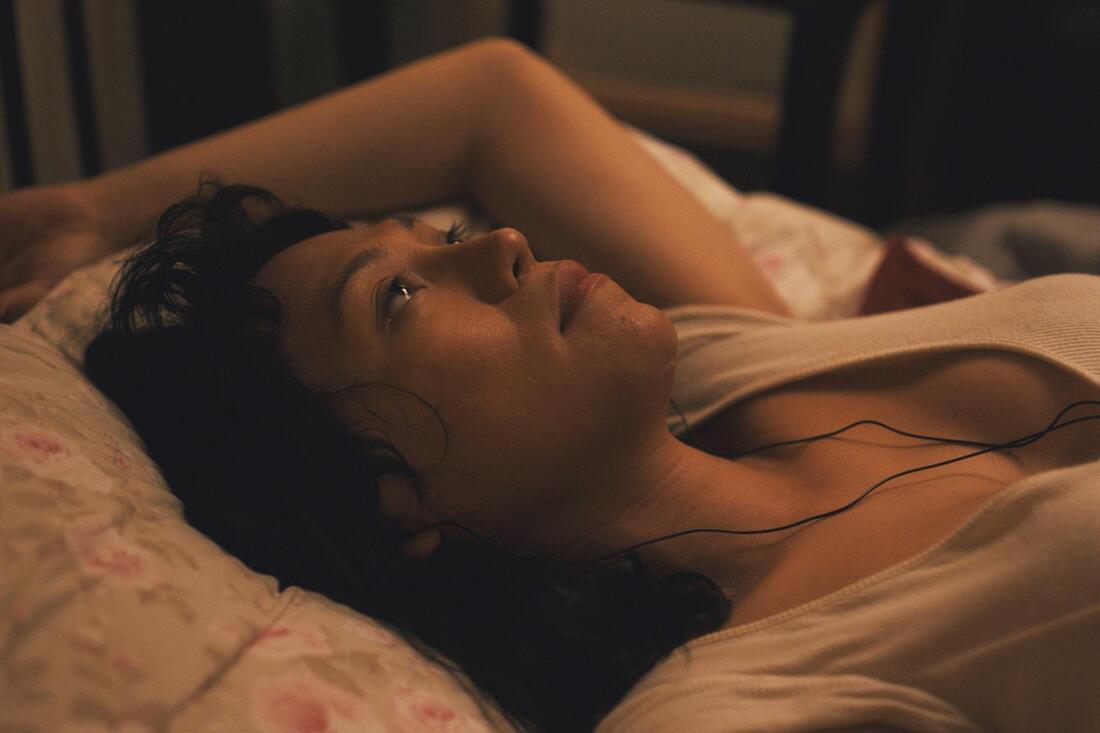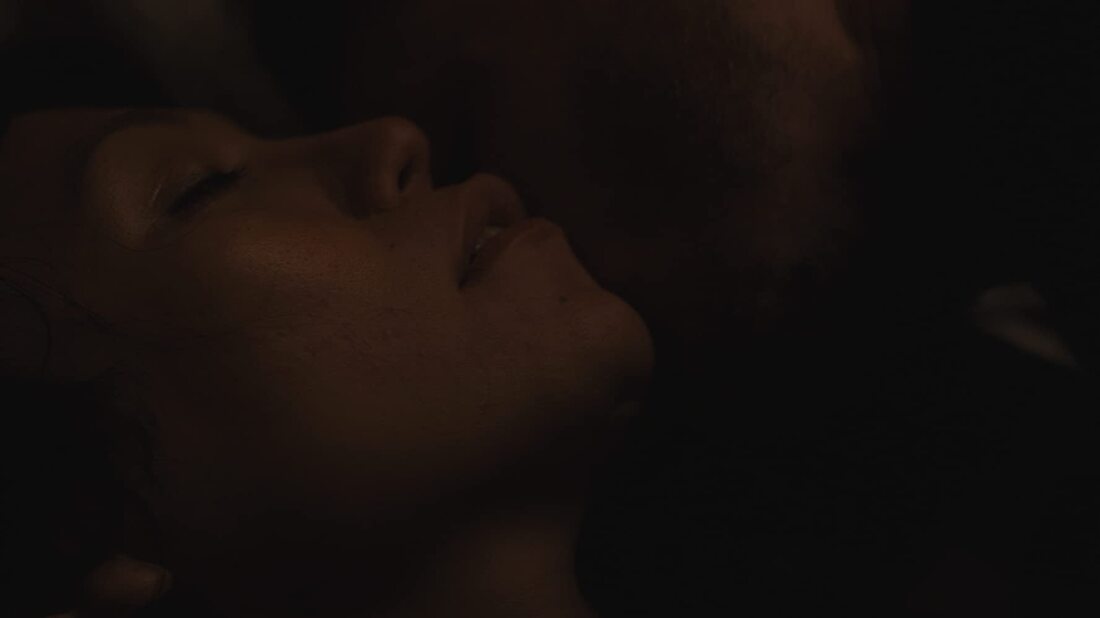|
Review by Sarah Williams
A lingua franca, also known as a bridge language, is a language used for communication between people who do not share a native language. As we move through our lives, we exist in the world by how much it accepts us. It is like a language, a translation of social codes and risks we take that we translate to our own place in the world. It is hard to see the world through another’s eyes, this language of their movements, and the choices they must make, but the language that comes through art can bridge this. This is why we use cinema to see through into what someone else experiences, but this only really works when it comes from a place of authenticity. That authenticity runs through the veins of Isabel Sandoval’s Lingua Franca, a small, understated feature that feels deeply lived in.
Isabel Sandoval is Olivia, an undocumented Filipino trans woman in Brighton Beach, who works as a caregiver for aging Russian Olga (Lynn Cohen). She's working to be able to marry the man who has promised himself to her, until Olga’s grandson Alex (Eamon Farren) opens her eyes that immigration may not be the hardest factor here. There’s a tender safety between Olivia and Alex, but it’s not quite clear whose safety that is. When Alex tells her “you’re safe now”, he seems to mean himself, finally at peace where her life comforts him. Lingua Franca is a quiet lull before the storm, a calm insight into the daily rituals that come with living in a world that is set out against you. All of this is normal for Olivia, the stressors of her life are normalized here to a point where the plot isn’t her being trans and the struggle of it, and her immigration status is only relevant for the financial struggle that arises to marry her lover. These things are not the focus of her character, and Olivia is allowed to live a normal life, and isn’t defined by her setbacks, but lives them.
I look forward to a world in which Isabel Sandoval is one of her auteur generation, as the story she creates is intimate, authentic, and smartly-crafted. A one-woman filmmaking wonder in the tradition of Akerman, she directs, produces, edits, writes, and stars in this quiet slice of life, scenes from an ordinary day that feels extraordinary when we don’t live it. Having worked on this idea during her own gender transition, Sandoval acutely depicts the stresses of life with a hand that rarely wavers as one of an amateur would. While her voice may be fainter here than it could be, the film is often too slight to leave as hard of an impact as it could. There is a commendable nature to how she never goes for the cheaper emotions, no loud outbursts come here. That being said, it’s almost too gentle, no one scene stands out as memorable, and it’s hard not to wish that tenderness went much further.
Released by Ava Duvernay’s ARRAY label, this is the kind of film that benefits from this wide audience. It’s put in a place where it will be clicked impulsively, and even if that view mainly resonates as too slow for a general audience, at least this story is presented to the broadest audience it could be. So often, queer cinema is relegated to the sidelines when it comes from a place of authenticity, in favor of watered-down stories made palatable to a general audience. ARRAY focuses on this authenticity, stories against an all-white cinematic canon that prevailed for years, that will challenge this general Netflix audience if they choose to view. It is the accessibility that matters, allowing for the world to see what they may not know to seek out on their own. Lingua Franca streams on Netflix beginning August 26. Rating: 3.5/5
0 Comments
Leave a Reply. |
Archives
July 2024
Authors
All
|
|
|
disappointment media
Dedicated to unique and diverse perspectives on cinema! |


